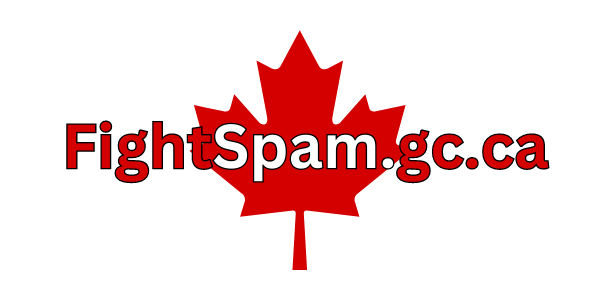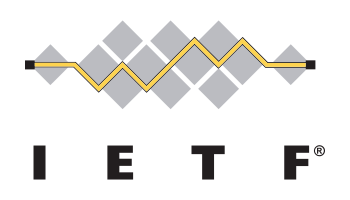CRTC CASL Regulation Summary
We have found what appears to be an official version of the Canadian Radio-Television and Telecommunications Commissions (CRTC) Canada’s Anti-Spam Law CASL regulations. Here is a quick summary:
Read Moreby Coalition Against Unsolicited Email | Mar 15, 2012 | Canada, Frequently Asked Questions, World | 0
We have found what appears to be an official version of the Canadian Radio-Television and Telecommunications Commissions (CRTC) Canada’s Anti-Spam Law CASL regulations. Here is a quick summary:
Read Moreby Coalition Against Unsolicited Email | Oct 2, 2011 | Canada, Warnings | 0
Cisco's Michael Sanchez published a great piece called 5 Steps for avoiding data breaches. We tweeted, plussed, and re-posted this elsewhere, and at the encouragement of SURBL's Jeff Chan, here's a blog post about...
Read Moreby Coalition Against Unsolicited Email | Sep 8, 2011 | Canada | 0
Mr. Bruce Wallace Bruce.Wallace@ic.gc.ca Director, Electronic Commerce Policy Electronic Commerce Branch/SITT Industry Canada Ottawa, Ontario CANADA Regarding : Canada Gazette, Part I Vol. 145, No. 28 — July 9, 2011 The...
Read Moreby Coalition Against Unsolicited Email | Sep 7, 2011 | Canada | 0
We need not go into how frequently abuse happens on the Internet. Daily news reports in the popular press and media speak to that, and the ubiquity of the problem cannot be overstated. Beside the obvious criminal element involved in spamming, hacking and other Internet abuse, there remain, unfortunately, some marketers from name-brand companies who engage in poor practices. Organizations like the Messaging Anti-abuse Working Group (MAAWG.org) have worked very hard to develop Best Common Practices documents, many based upon the fine work undertaken by the Canadian Task Force on Spam. We encourage you to review them as you proceed in this process and the work ahead of you.
Ivor Tossell perhaps said it best in his article recently published in the Globe and Mail:
“Providing real content to real customers with whom you’ve got a real relationship is the opposite of spam”
CAUCE generally supports the draft regulations. Our goal, which we believe you share, is that the recipient of electronic communications be protected from abuse, and when it occurs, be able to stop it, and report it easily and without technical skills beyond those of ordinary Internet users.
We must respect and preserve the ability for senders of commercial messaging to comply with the law and the regulations; we also think that avoiding trivial or technical ‘gotcha’ violations is fundamental to an effective and fair anti-spam régime in Canada. That said, we anticipate some commentary will propose changes that open dangerous loopholes that will be quickly exploited by Internet abusers.
Marketers are not the main reason people are on the Internet; business use of the net still lags far behind what is most popular. The sites that individuals most often visit are social networks and other forms of personal, one-to-one interactions with friends and family, first and foremost.
by Coalition Against Unsolicited Email | Jul 9, 2011 | Canada, World | 0
As part of the official process to launching Canada’s new Anti-spam legislation Industry Canada has released their definitions and regulations for C-28 (aka. CASL, FISA, ECPA). The Highlights are as follows: Personal...
Read Moreby Coalition Against Unsolicited Email | Jun 30, 2011 | Canada, United States, Warnings, World | 0
Happy Canada Day from the CRTC As anticipated, the CRTC took a long-awaited step towards Canada's Anti-spam Law coming into force; regulations designed to help define the scope and impact of the law were published late...
Read Moreby Coalition Against Unsolicited Email | Dec 15, 2010 | Canada | 0
By Shaun Brown: It's been a long time coming, but Canada finally has an anti-spam law. Bill C-28, the law with no name, was just passed. First introduced in April 2009 as C-27, the Electronic Commerce Protection Act, it died...
Read More
















* Logos are owned by the respective organizations
